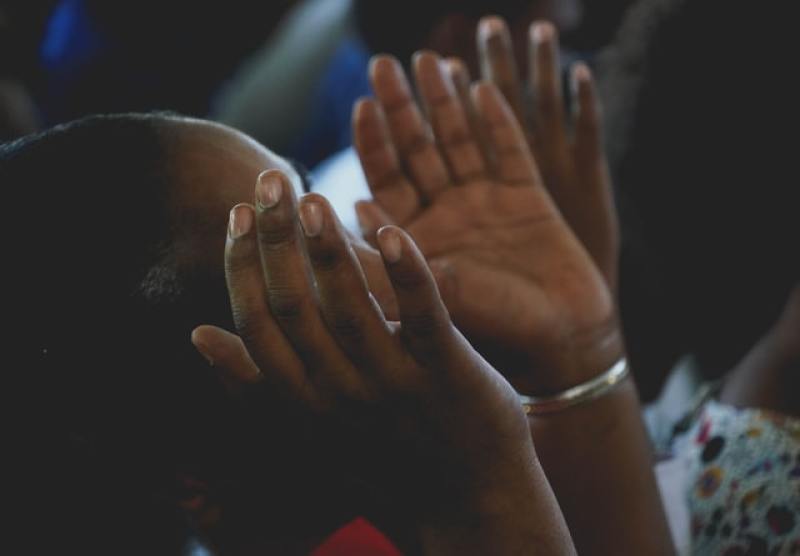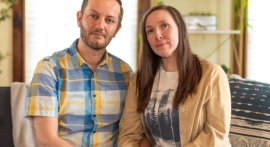
Following the uproar over the discovery of unmarked graves in Canada, as well as calls for a similar accounting in the United States, clergy from various religious groups are urging churches to do more to facilitate healing for survivors and their descendants.
Earlier this month, senior leaders from the Episcopal Church in the United States recognized that the church itself must confront its connection with such boarding schools, Crux Now reports.
According to Rev. Bradley Hauff, an Episcopal priest and missioner for Indigenous Ministries of the Episcopal Church headquartered in Minnesota, "What's happening in Canada, that's a wakeup call to us."
But while some American churches have been dealing with this for years through rituals, confessions, and historical research, others are just starting.
For some advocates, they argue that churches should do more by confronting the atrocities committed in the name of religion, educating the public about them, and creating a safe space for survivors and their families to voice out their traumatic experiences.
"We must come to a full understanding of the legacies of these schools," said Presiding Bishop Michael Curry and the Rev. Gay Clark Jennings, head of the denomination's House of Deputies, in a statement issued on July 12.
They asked that funds be put aside at the denomination's next legislative session in 2022 for an impartial investigation of church archives as well as for increasing awareness among church members.
Meanwhile, the U.S. Conference of Catholic Bishops said that they will cooperate with the Interior Department's investigation.
In a similar vein, the Jesuit-affiliated America Magazine is encouraging Catholic bishops in the United States not to make the same mistakes they did when it came to cases of clerical abuse of children.
Other religious traditions have likewise confronted their historical legacies.
In 2017, Presbyterian Church (USA) leaders visited Utqiagvik, Alaska, to apologize to a full school auditorium for their treatment of Indigenous peoples and particularly for its boarding schools.
In its effort to promote Christianity, the church has suppressed Native spiritual practices, according to former state clerk Rev. Gradye Parsons.
"The church judged when it should have listened," he said.
In 2012, the United Methodist Church repented for historical atrocities against Native peoples. In 2016, it admitted its involvement in boarding schools and the government's "intentional" destruction of indigenous cultures and belief systems.
Also earlier this month, the Evangelical Covenant Church repudiated the "Doctrine of Discovery," which had previously been used to legitimize colonial-settler mistreatment of indigenous peoples.
According to the National Native American Boarding School Healing Coalition, a private organization founded in 2012 to raise public awareness and confront the traumas connected with boarding schools in the United States, at least 156 such institutions were affiliated with religious organizations.
Eighty-four of them were associated with the Catholic Church or its religious organizations. The remaining 72 were members of different Protestant denominations, including Presbyterians (21) and Quakers (15), as well as Methodists (12).
According to Samuel Torres, the coalition's director of research and programs, "there is a lot more to be done" to involve Indigenous peoples and educate the public.
Given how little most Americans know about these schools and their impact on Indigenous people, he believes that such information is critical.
"Without that truth, then there's really very limited possibilities of healing," said Torres, whose ancestors were Mexica/Nahua, an Indigenous tribe from modern-day Mexico.






















